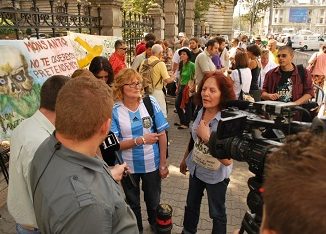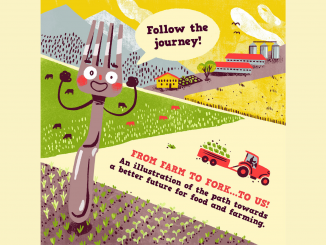In this week’s EU roundup, we’re covering the launch of a new report on the Commission’s carbon farming proposal, the EU Food Forum discussion on the SUR reform, and the 400k petition for regulating New Genomic Techniques. Dive in with Ashley Parsons
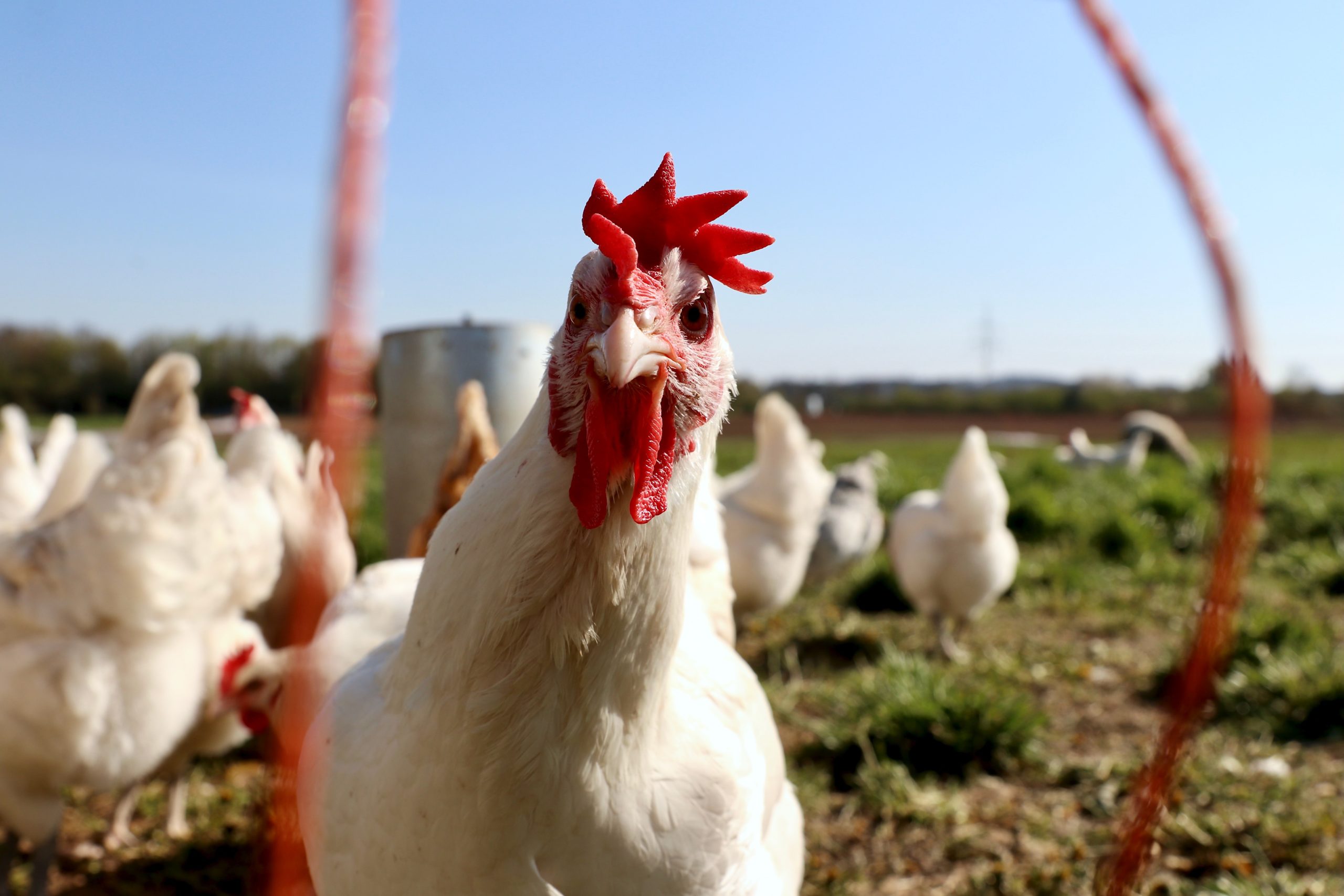
Is traditional agri holding us back? That’s the smell in the air from Brussels, as the DG AGRI digs its heels in harder to protect the status quo. With EU elections only a year away there has been very little real legislation enacted by AGRI to uphold the commitments made in the Farm-to-Fork arm of the Green Deal. A recently leaked document and article (Farm-to-Flop) paints a picture of an EU AGRI Commission that would have preferred to stay the course rather than adapt to climate and sustainability challenges.
No matter, the issues are being brought to them: MEPs are preparing to open the debate on EU carbon farming, the SUR is still under question but looks like some form of it will pass in 2023, and activist groups are already raising public awareness of the upcoming NGT debates. Here’s what’s happening in Brussels this week:
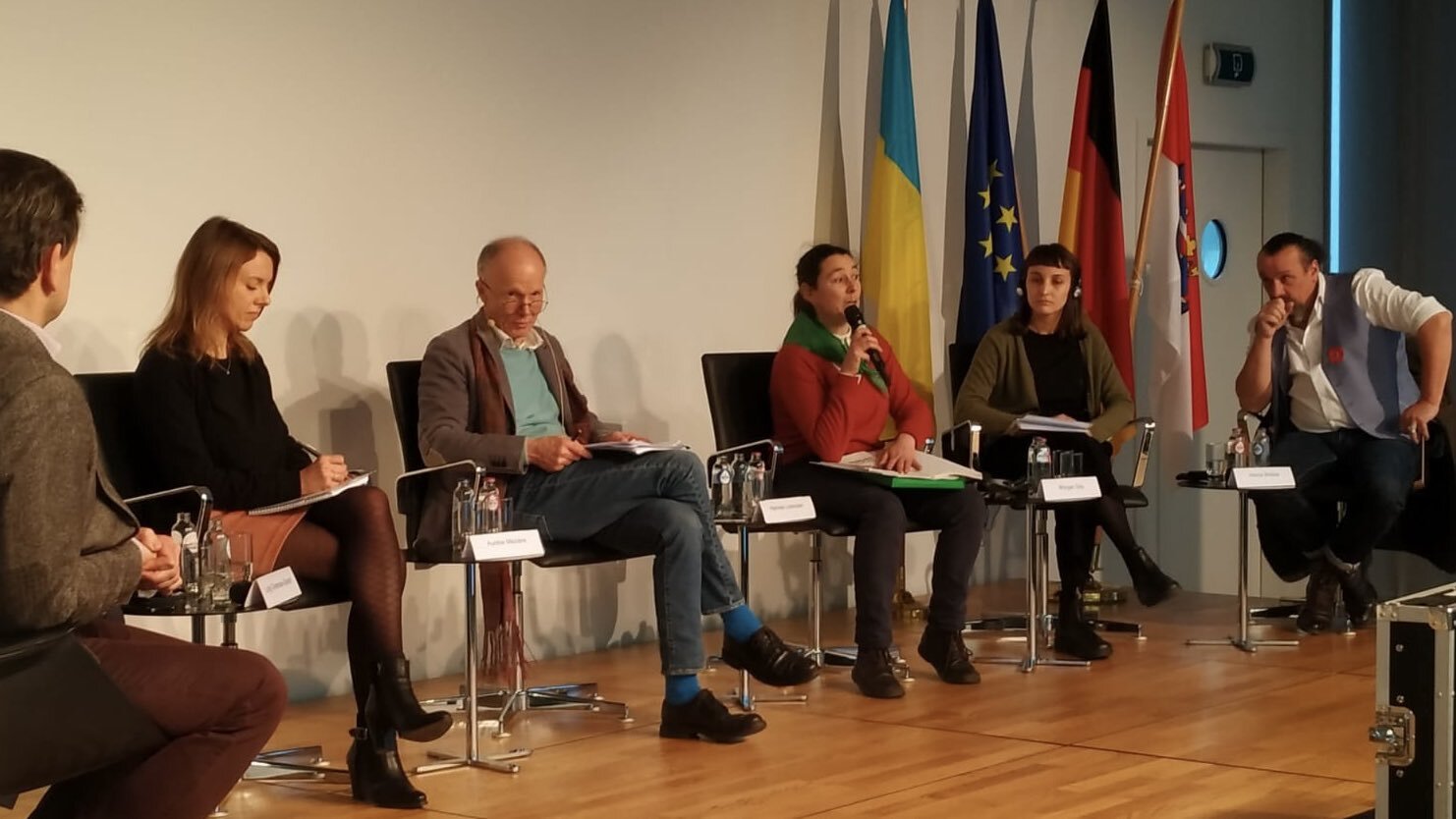
Doing Carbon Farming Right
At the event “Carbon farming – New potential for farmers or Greenwashing?,” MEP Benoit Biteau, Bas Eickhout and Martin Häusling, organised a conference to assess both the potential and risks of carbon farming.
The context for this event was the proposal on carbon removal certification made by the European Commission in November.
Moderated by ARC2020’s Hannes Lorenzen, the conference brought together speakers from regulatory bodies, local politicians, researchers and members of the NGO community to launch the debate on the Commission’s proposal for carbon farming in the EU.
Carbon farming is coming, it has potential as a tool in the climate crisis toolkit but the EU needs to do regulation right. At the present moment, the proposal is both “too broad and too narrow,” according to ARC2020 researcher Mathieu Willard, who published a deep dive report on the subject: Carbon Farming: Stakes, issues and alternatives. The report reveals that the Commission proposes to pass legislation that does not address pre-existing problems in carbon farming, like additionality and real GHG reductions.
Watch – Carbon farming – New potential for farmers or Greenwashing?
In his research, Willard found that political will at the local level holds enormous potential for successful carbon farming schemes. Aurélie Mézière, mayor of Plessé in western France, also attended the conference. Of her rural commune, she noted the increasing turnover and transmission troubles impacting the whole of French agriculture. Her local government already works with farmers and especially new entrants to accompany them towards a socially and environmentally agro-ecological transition.
The commune is exploring how local carbon farming schemes could enter the toolkit of these farmers.
Morgan Ody of Via Campesina railed against the Commission proposal – “the European Commission must stop promoting fake solutions based on financialization of nature, but undertake the needed transition for the reterritorialisation of agriculture” she emphasised.
One of the more powerful remarks came at the end of the conference, by Bas Eickhout, who said, “This proposal is dangerous because it doesn’t come as a start of a new debate, it comes in a pretty much clearly defined agriculture system.” He continued, “We were hoping that with a Farm-to-Fork strategy there would be a serious discussion on a change of our agriculture model.”
Moderator Hannes Lorenzen also added a related cautionary note – Farm to Fork came too late for the previous CAP; and now, with another CAP communication to launch at the end of this year, for the post 2027 period, how will this Commission proposal integrate into that process? Moreover, will carbon farming become an excuse to cut CAP – and if so, how?
SUR-ely Things Can Change?
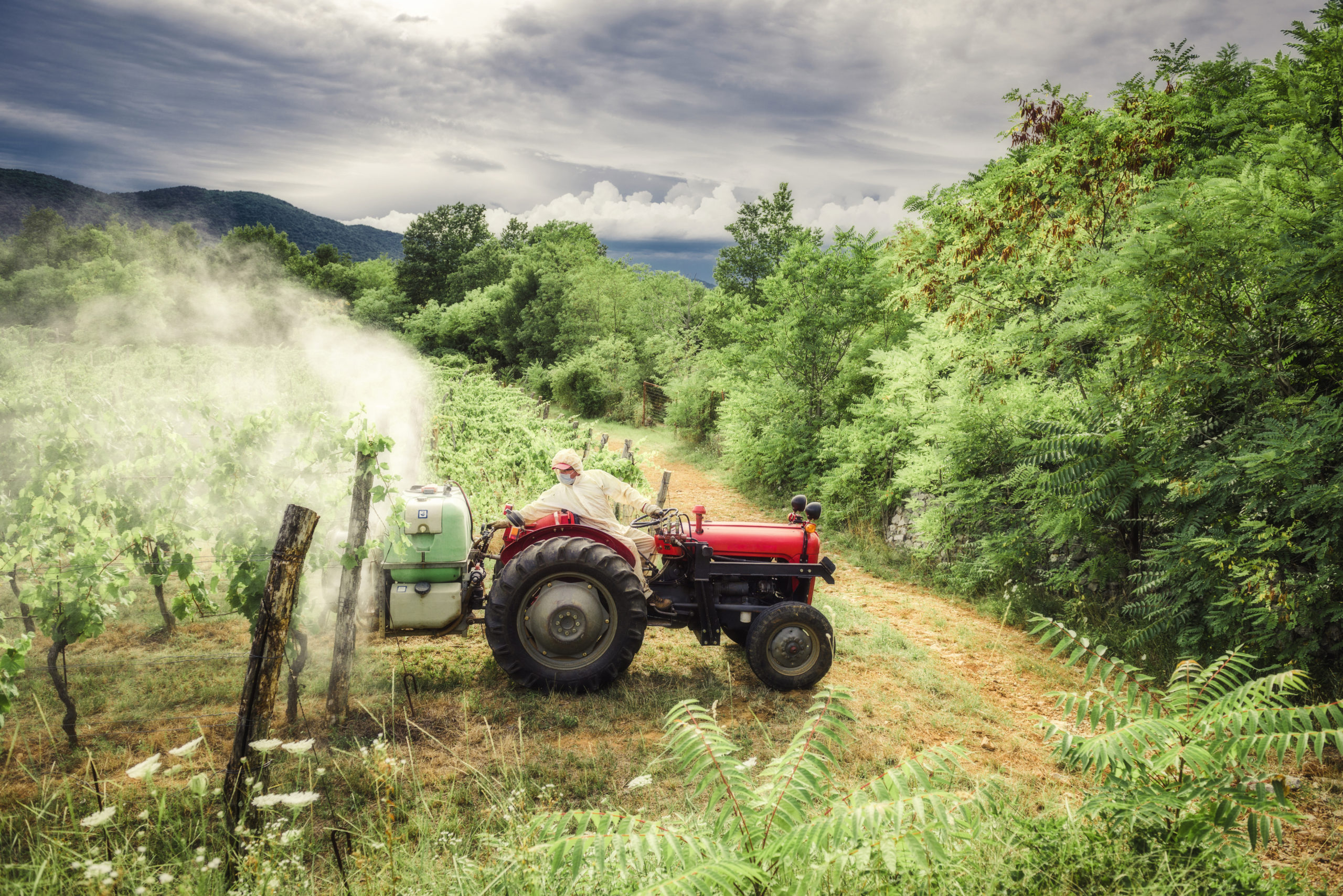
Also on February 7th, the EU Food Forum hosted a lively discussion on the reform of the SUR pesticide legislation. The legislation would create legally binding targets for Member States to reduce their pesticide use between now and 2030. But, since it hit the table last year, the reform has faced resistance and roadblocks. At the EU Food Food Discussion, delegates, MEPs, rapporteurs, farmers and members of the NGO community voiced their concerns with the legislation and its implementation.
Most recently in December, the Council formally requested a further impact assessment study on the impacts of the legislation on food security. One worry raised multiple times at the meeting was if the Commission will be able to enact the legislation before the upcoming EU elections in 2024. The Swedes are apparently holding course on negotiations outside the bullet points highlighted by the Council last December, according to Claire Bury of DG Sante, including “discussions on IPM,” that took place earlier in the week.
Those against the reform include Christine Schneider of the Christian Democrats (Germany): “The EU Commission overshoots the mark by far and (the legislation) cannot be implemented in this way. We will destroy existing economic sectors and become dependent on imports.” She continued, “Blanket bans are the wrong way to go.”
Others against the reform made complaints about the reform not taking into account certain Member States’ prior efforts to reduce pesticide use, or those will low rates of use to begin with, and raised the issue of distance from sensitive areas, especially for small/medium parcels and farmers.
On the organics side, IFOAM Director Eduardo Cuoco supports the legislation: “SUR a lifetime opportunity to make our system more sustainable. We support a ban of pesticides in sensitive areas but as a compromise, one could allow natural substances allowed in the annex of organic production.”
It seems that some version of the reform will pass before the end of year, according to Bury. She also stressed the importance of MSs and the Commission approving and making available alternatives to synthetic pesticides such as microorganisms, biocontrol, pheromones and botanicals. As another possible tool for farmers, Bury spoke about the NGT regulation proposal coming in summer “to put in place a more adapted regulatory framework; farmers need tools and this would be an important improvement.” Does that mean NGTs are definitely coming to a farm near you?
New Genomic Techniques or New GMOs?
In June, the EU Commission will decide on whether & how to deregulate NGTs. This could mean: no more labeling and safety-checks. The group Demeter met in Brussels on February 7th to publically hand over a petition with over 400,000 signatures demanding:
- New GMOs are GMOs and should be regulated as such, in line with the precautionary principle.
- More research must be carried out on the environmental, biodiversity and health risks of new GMOs, on their socio-economic impacts for farmers and the food system, and on the development of detection methods.
- European decision makers need to promote and support proven solutions for a sustainable and climate-resilient agriculture, such as agroecological practices and organic farming, and to protect the freedom of breeders to operate without being restricted by the far-reaching scope of patents on seeds produced with new GMOs
Klaus Berend replied on behalf of DG SANTE, “I want to emphasize that the EU Commission is committed to supporting organic agriculture – these are not mutually exclusive.” Currently there are ongoing NGT trails in Spain.

“We are not fundamentally against GMOs, but they have to pass the safety check, which they don’t. But what we want is a clear labeling trustability and safety checks for all GMOs,” said Marc Fichers, Nature et Progrès at the event. He brought up risks linked to NGTs and organics: “This deregulation of New GMOs greatly jeopardizes the future of organic farming. Farmers will have a very difficult time without traceability labeling and safety checks to pursue in conducting organic farming.”
Other concerns include patent problems. For example the Crisper cas9 tech patent is owned by one company. Ivan Mamanna, ECVC coordinator asked, “So are we going to end up like the United States, where there is high concentration of market power of single, patent-owning companies? The only change we should make to the regulations is to make them even stricter.”
Regulatory bodies in Brussels are faced with a split in the road: follow the intentions of the big agri-industry or embark on an agroecological path?
Read More:
New ARC Report | Carbon Farming – Stakes, Issues and Alternatives
Is the EU Positive about Reaching Carbon Negative? New ARC report shows more work needed
Protest, Pesticides and the Parliament – European news round up




